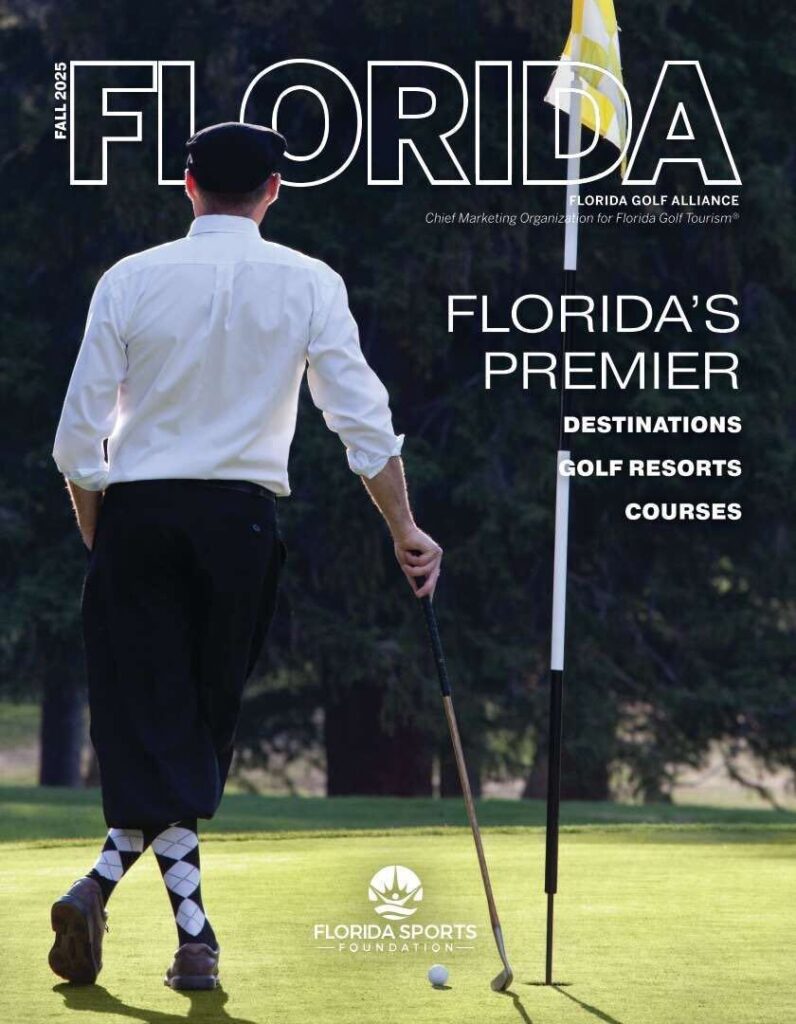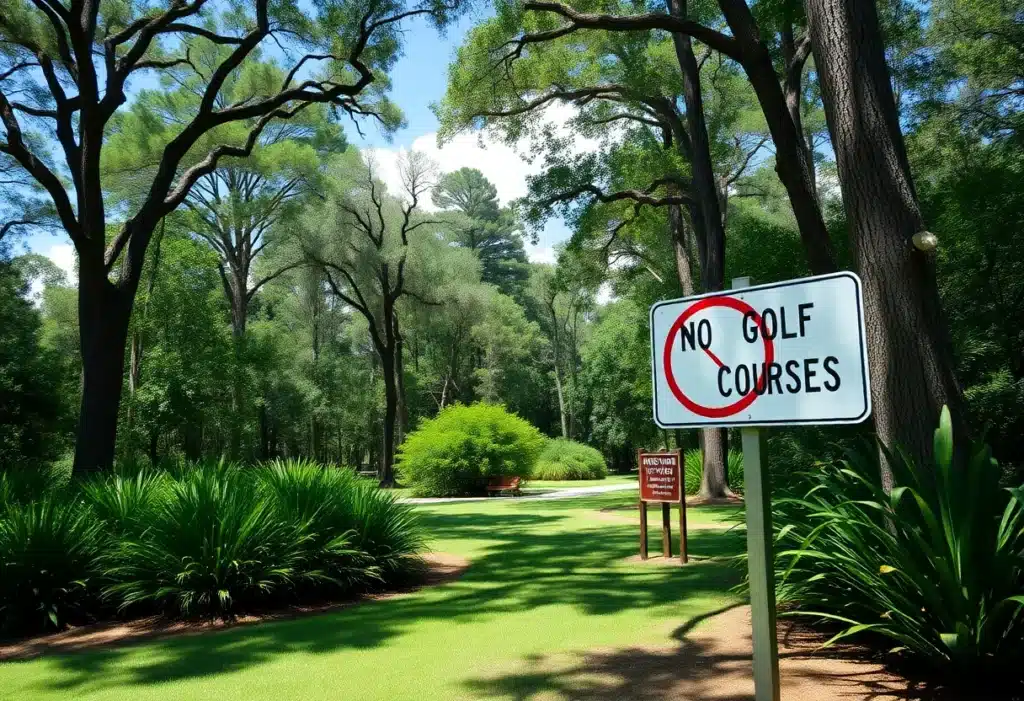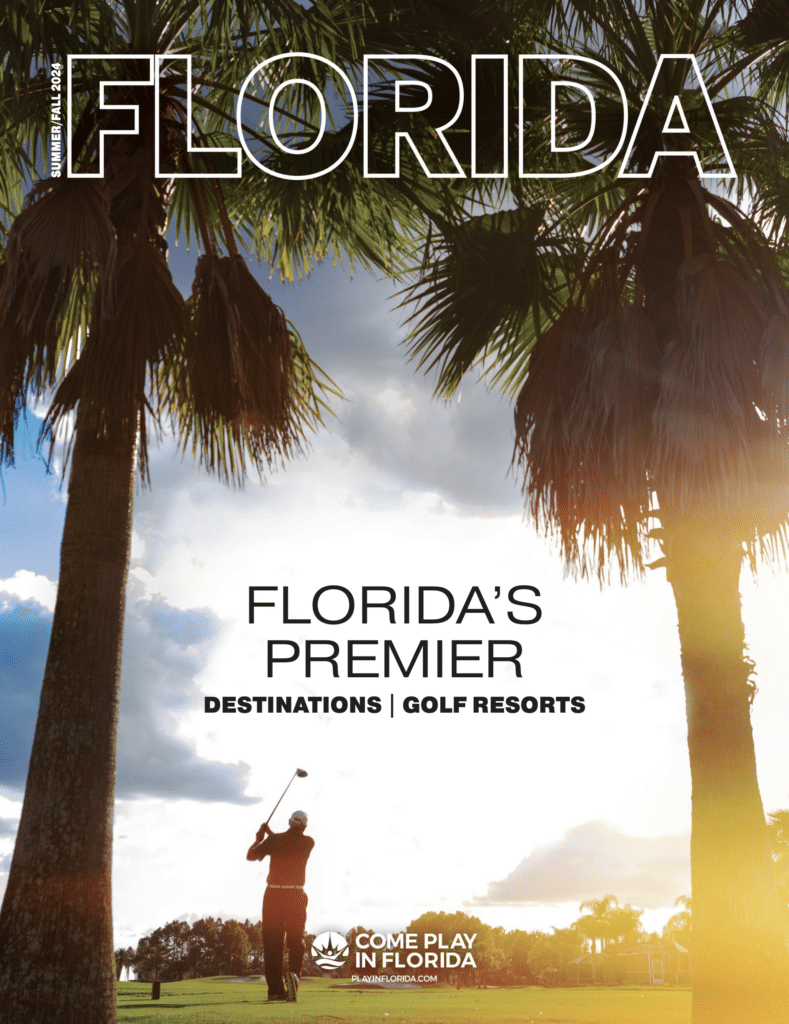Florida’s Golf Course Controversy: A Battle for State Parks
In recent weeks, Florida has found itself at the center of a heated debate over a controversial proposal that aimed to transform federally protected state park land into golf courses. The clamor started when the Florida Department of Environmental Protection unveiled its “Great Outdoors Initiative” in August, suggesting that golf courses could be built in several national parks across the state.
What’s on the Table?
According to reports, the ambitious plan included proposals for two 18-hole golf courses and a nine-hole course at Jonathan Dickinson State Park. But it didn’t stop there! The initiative also proposed adding pickleball courts and disc golf facilities across various state parks, including Oleta River, Honeymoon Island, Camp Helen, Dr. Von D. Mizell-Eula Johnson, Grayton Beach, and Hillsborough River State Parks. To further sweeten the deal, the Tuskegee Dunes Foundation, the mastermind behind the proposal, aimed to build lodges with accommodation for up to 350 guests at Anastasia and Topsail Hill Preserve State Parks.
The foundation claimed these facilities would share the “inspirational story” of the Tuskegee Airmen, a historic group of African American military pilots from World War II. Sounds interesting, right? But environmental activists weren’t on board, and the backlash started to grow.
A Pause on Progress
After facing intense bipartisan criticism, Florida Governor Ron DeSantis halted the initiative, labeling the plan as “half-baked.” However, that wasn’t the end of the story.
Legislative Action Unfolds
Enter State Senator Gayle Harrell, who represents the area around Jonathan Dickinson State Park. In a recent move, she filed the “State Park Preservation Act”, aimed at blocking any further development of golf courses, tennis courts, and similar facilities within state parks. This bill, set for consideration during the 2025 legislative session beginning in March, is about protecting our cherished parks for the benefit of both the public and the environment.
The proposed legislation emphasizes recreation that aligns with nature conservation, enabling activities like fishing, hiking, and camping, while strictly banning sports that require heavy infrastructure, such as golf courses and tennis courts. According to the bill, construction that could significantly harm park resources would be strictly prohibited.
Backlash and Public Outcry
In addition to Harrell’s efforts, a strong wave of resistance bubbled up from other political corners. State Senate President Kathleen Passidomo expressed her disappointment, stating that the initiative diverged from their mission to improve state parks without imposing such developments. She tweeted, “Our vision did not contemplate the addition of golf courses and hotels, which are not in-line with the peaceful and quiet enjoyment of nature.”
Others like Florida’s Chief Financial Officer Jimmy Patronis cautioned against the “slippery slope” of altering public lands. He argued that existing state parks already have defined identities and should be preserved.
Public Support for Preservation
It’s clear that the community is rallied against such transformations. A petition opposing the golf course plans quickly gathered almost 100,000 signatures, expressing public concern over the destruction of natural habitats. One passionate petition organizer noted, “Once it’s gone, it’s gone, and I’m personally sick of seeing my home ruined.”
Amidst all this, DeSantis downplayed the uproar, suggesting that the narrative surrounding the initiative had been exaggerated. He remarked, “A lot of that stuff was just half-baked… If people don’t want improvements, then don’t do it.”
The Road Ahead
As it stands, Harrell’s bill must still clear hurdles in both the state Senate and House before it can be enacted. If passed, it would take effect in July 2025, sealing the fate of any future developments of golf courses in Florida’s beloved state parks.
Residents continue to wait with bated breath, concerned that their natural spaces might be commercialized. For now, the peaceful enjoyment of Florida’s natural beauty hangs in the balance.



